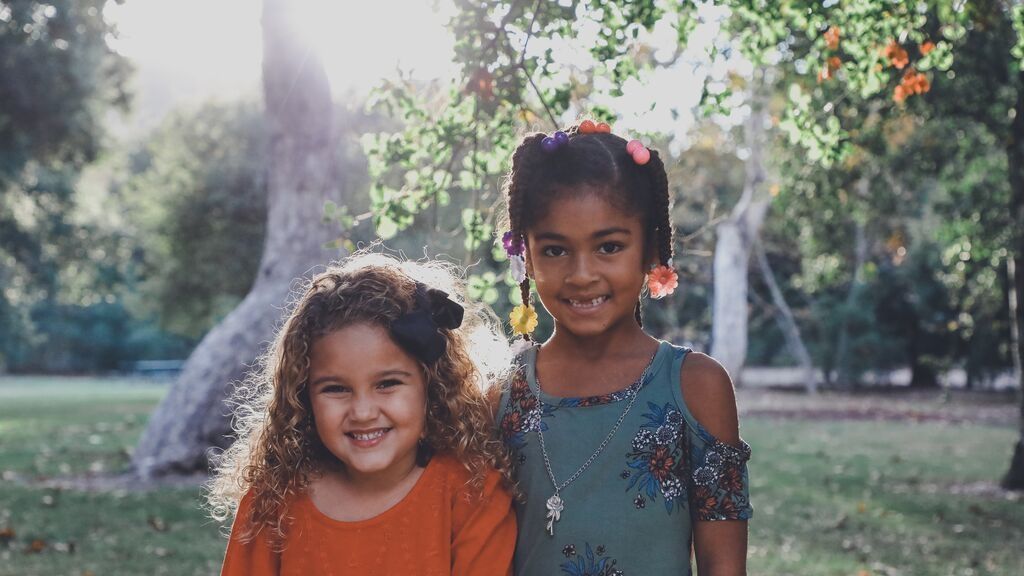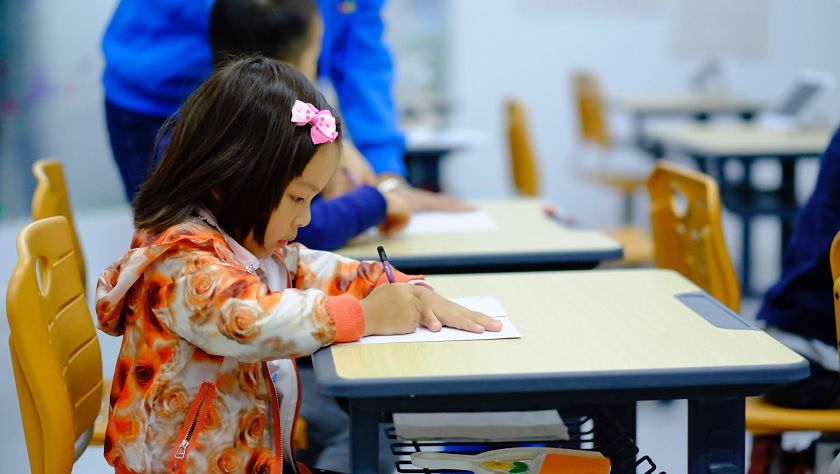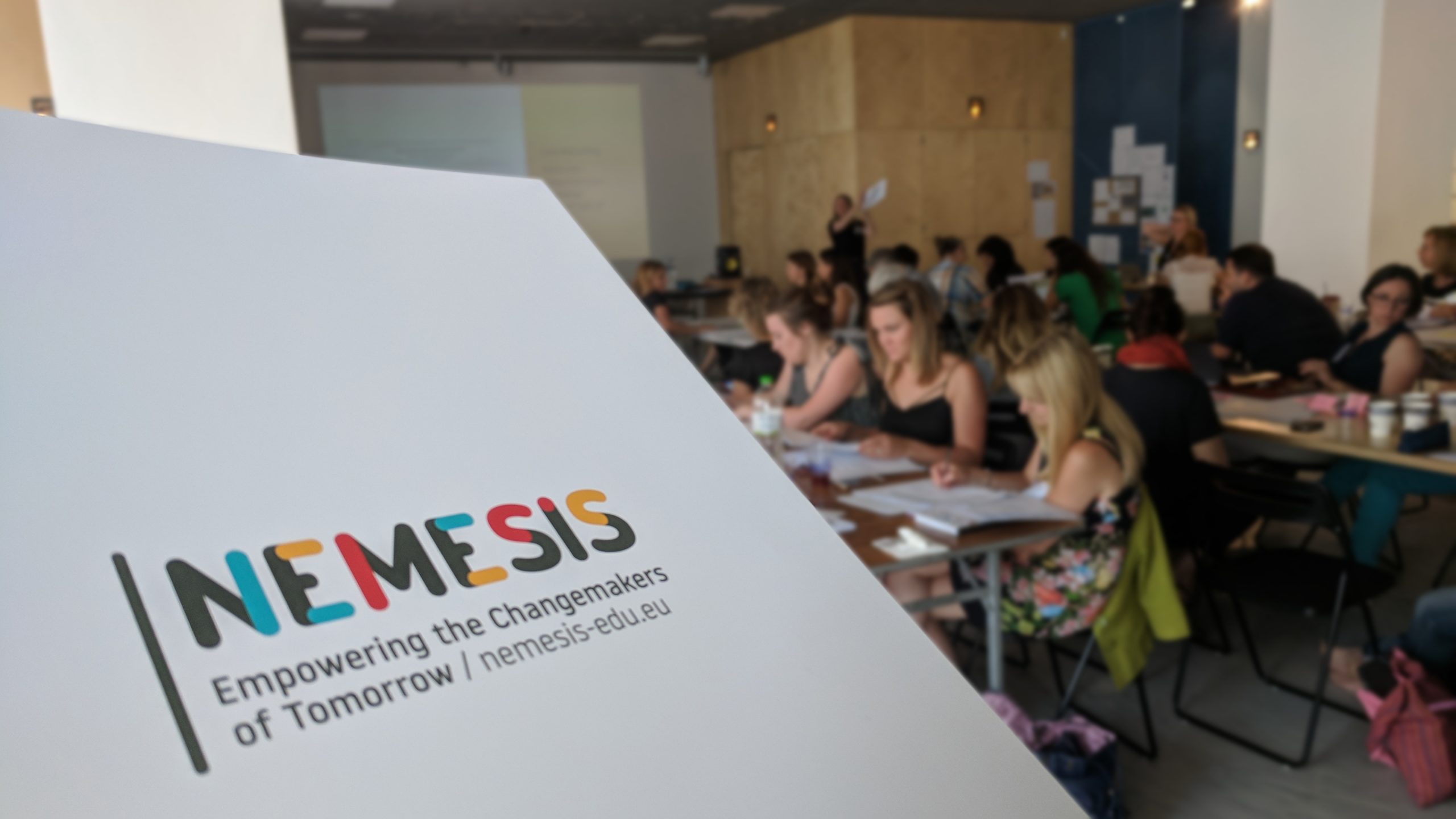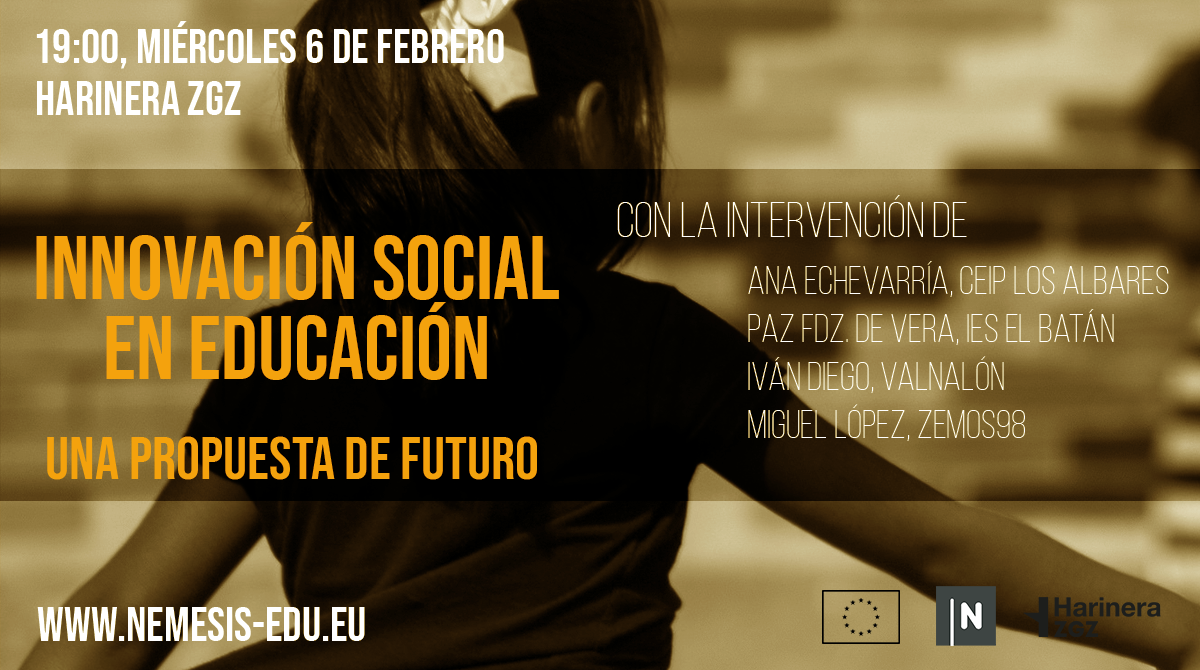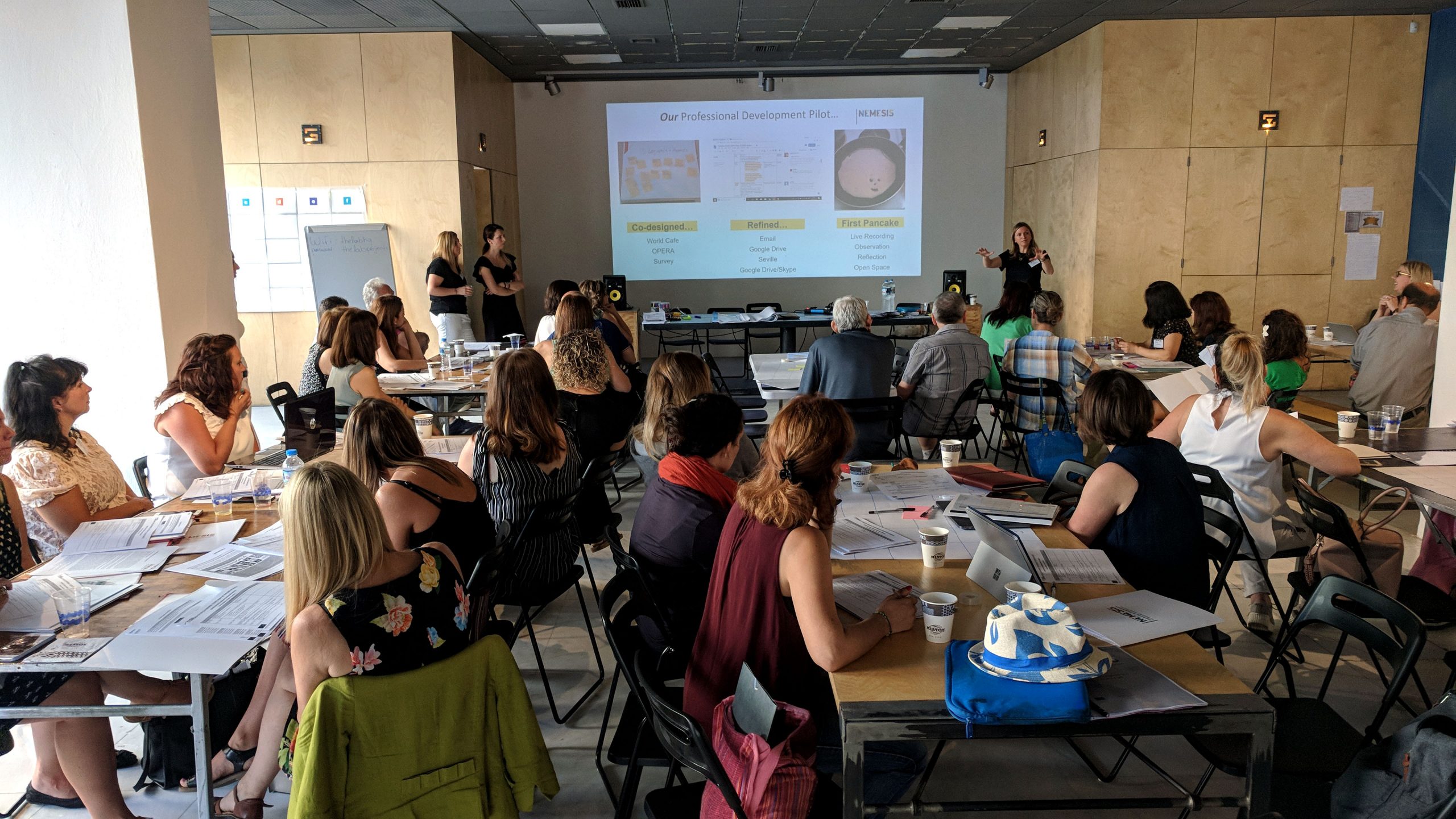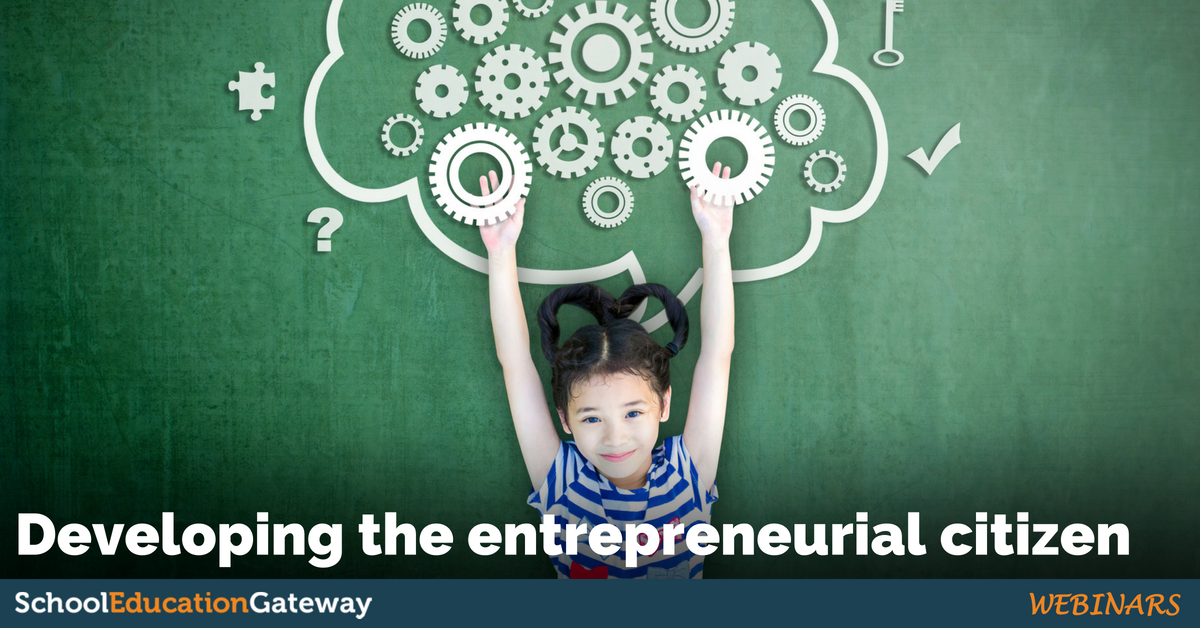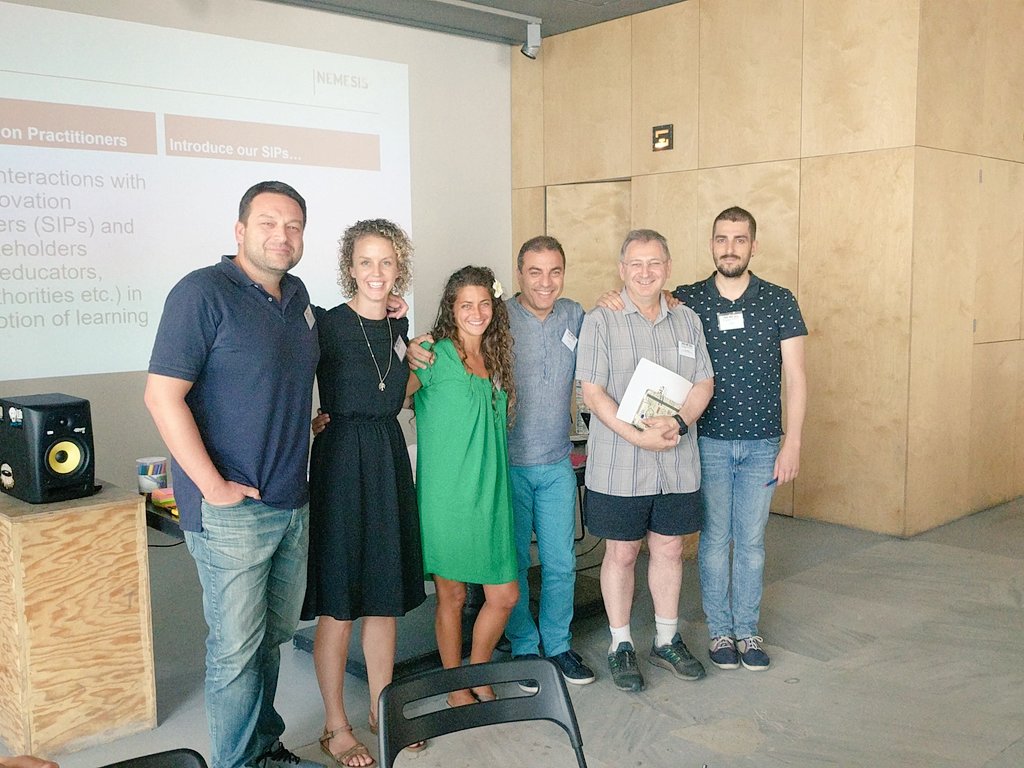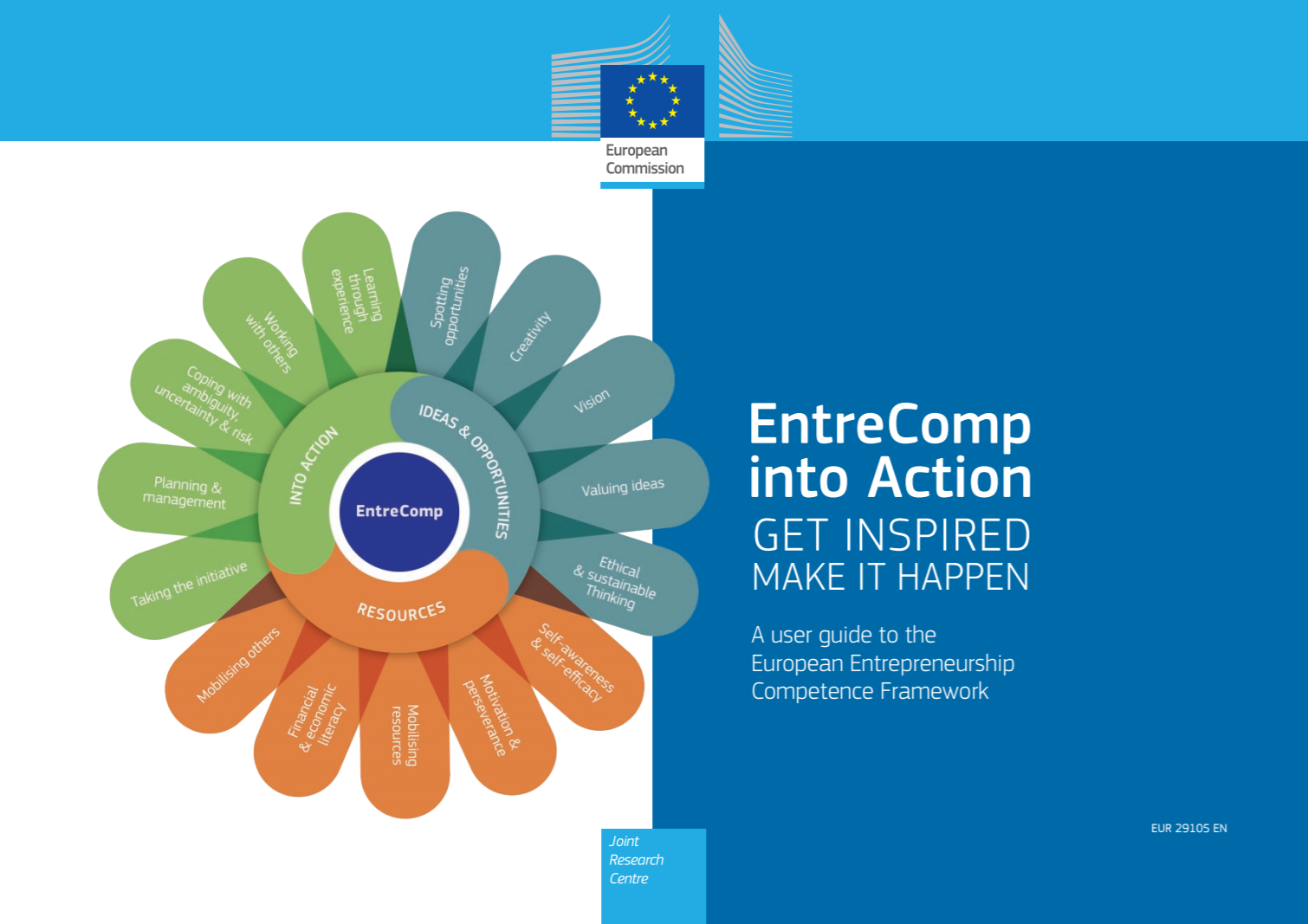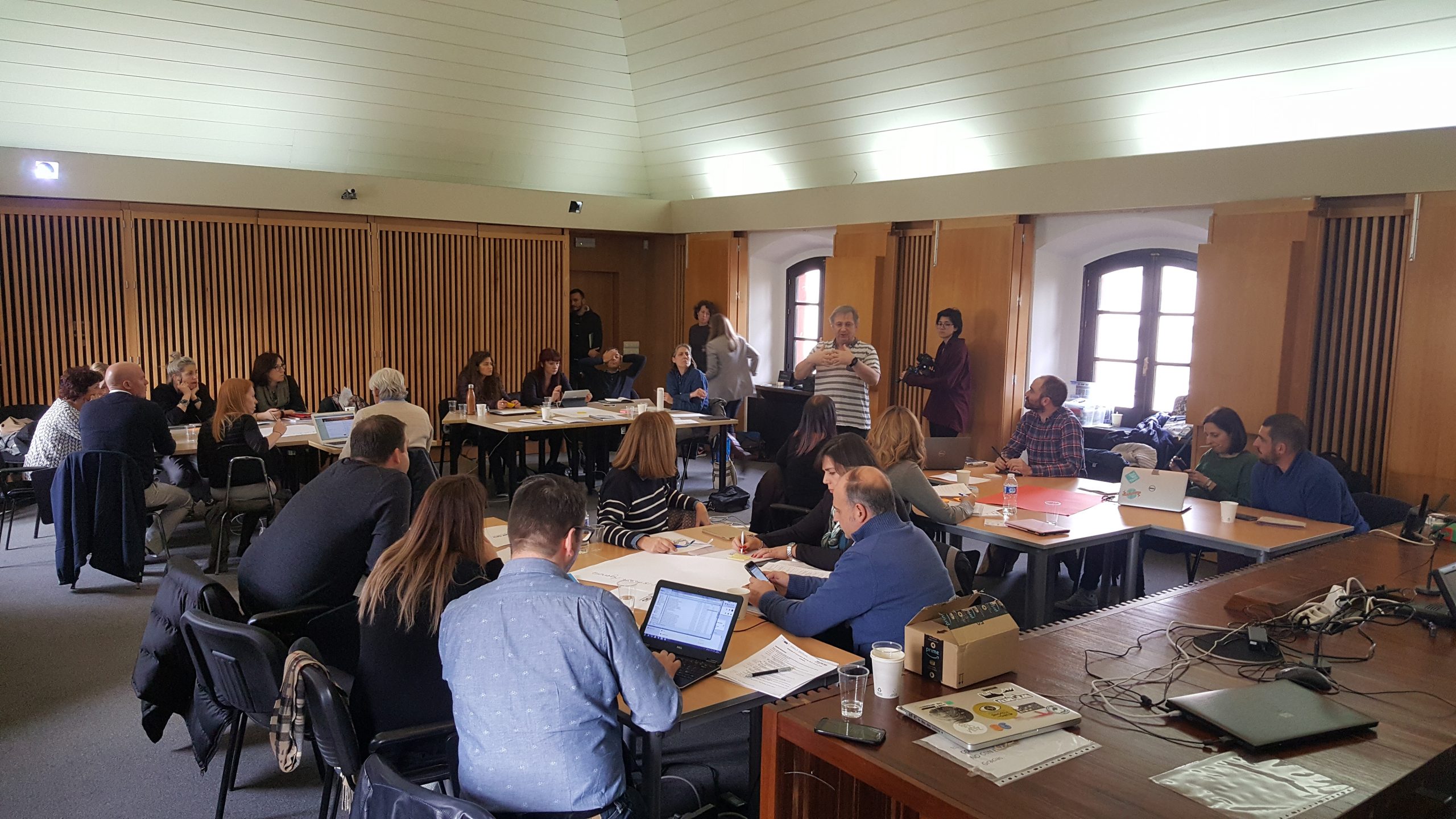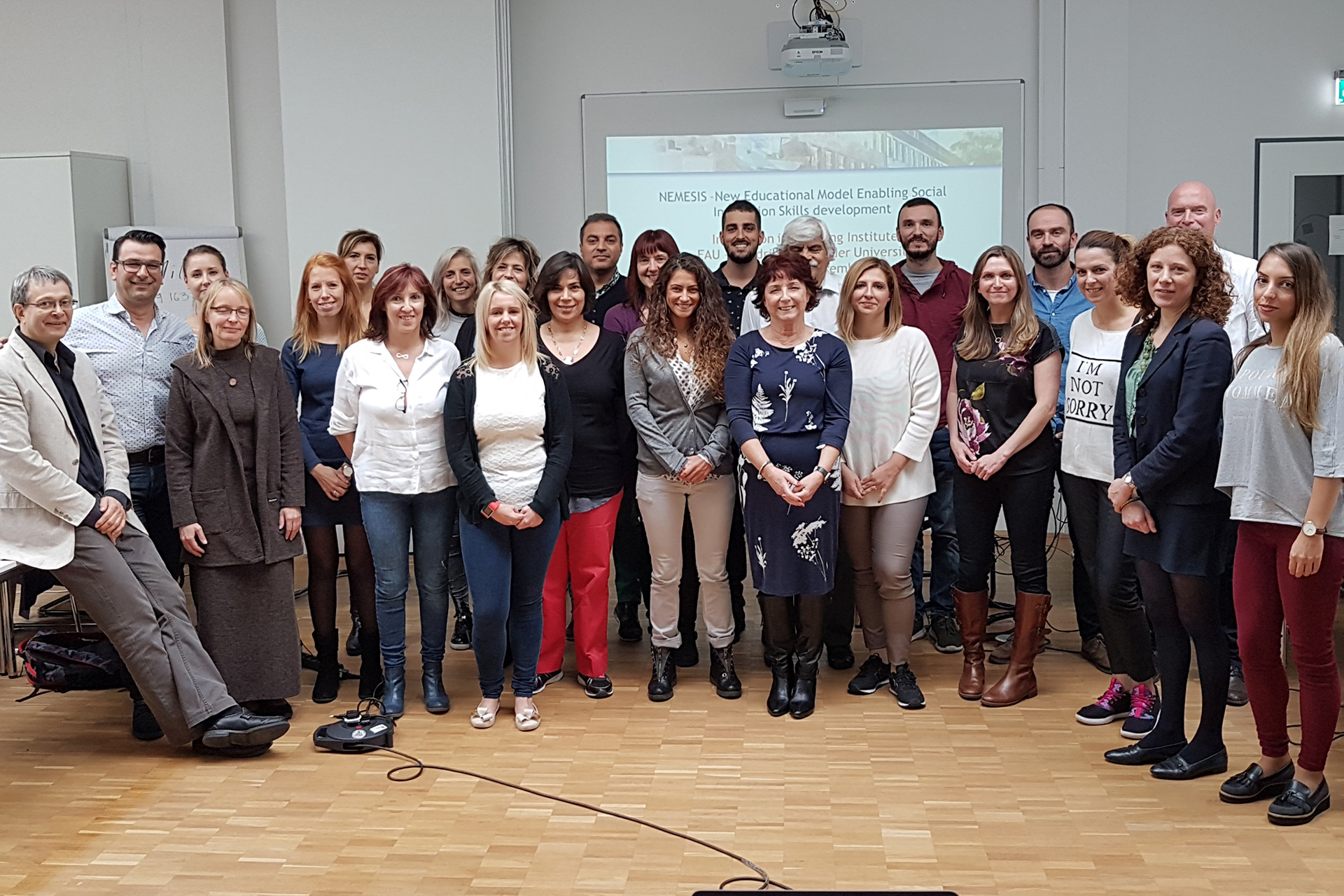The student experience of NEMESIS: cultivating self-positivity in the classroom
Having had the privilege to take part in and closely observe pilot period 1 of NEMESIS at Rockingham Junior and Infant School, I realise how important the power of self-positivity is. We all know what it means to be positive, and how this can sometimes be a struggle. So when ‘positivity’ becomes an intrinsic part of someone’s mentality, it can be extremely powerful. While ‘self-positivity’ may not be an element you can tap into in every part of your life, that does not mean it is not attainable. Even if you are only experiencing positivity in one aspect of it, this can be harnessed to permeate your whole mindset!
A new driving force
‘One parent noted that it made her son feel worthy – a powerful sentiment – which I know from my teaching career can increase motivation, engagement and feeling good about oneself.’
During the 9 month NEMESIS project, children took the lead in restoring the caretaker’s house at their school. The trends in behaviour visible over the course of this project were complex and intriguing to say the least! It seemed that the children’s motivation within the programme came from being given ownership over the project. Activities such as teaching adults how to record on tablets encouraged the students to see how valuable and important their work and ideas truly were. One parent noted that it made her son feel worthy – a powerful sentiment – which I know from my teaching career can increase motivation, engagement and feeling good about oneself.
Praise can take many forms
“NEMESIS gives students a voice and we can make decisions” – a NEMESIS student.
As a teacher, I also understand that different forms of praise must be given depending on the child and situation in question. The children’s participation in the NEMESIS project, however, seemed to create a form of praise all of its own. The pupils were left feeling “valued, worthy and important“. This is because, in getting the chance to take charge of the operation themselves, they were not only being listened to… but heard! They were not merely dismissed as token children. As one 9 year old boy commented: “NEMESIS gives students a voice and we can make decisions.” The fact that their decisions were taken seriously became an implicit form of praise – implicit because praise didn’t always have to be verbal. Carrying out the ideas that the children had come up with was praise enough. As the adage goes ‘actions speak louder than words.’
Real life = real feelings
Working on something real to create a positive outcome for yourself and others brings about a sense of achievement, happiness and positivity. Knowing the project was really happening, and not just an abstract concept to write about in class, had a significant impact on the children: ‘it was interesting because we got to see the proper house,’ ‘I really like the house and hope it will be finished,’ ‘it’s not how I thought it would be – it’s bigger and better. Students would be comfy here.’ Children could take pride in the knowledge they were doing good for themselves and others. The contribution that they were making acted as motivation. It encouraged them to carry on…
Students at Rockingham School, In Sheffield (UK)
That communal spirit
“I can help alongside other people.”
Working with children and adults of all different ages and backgrounds was a novelty for the students of Rockingham. Despite the Junior and Infant school being a newcomer to the programme, however, the educational programme proved to be a resounding success. The collective feeling of working together towards something positive nurtured good feelings and positive results as the children, and adults, saw how two, three, four… (you see where I’m going with this) minds are better than one! The children all said that they enjoyed working with people more as the project went on while one adult noted the joint collaborative effort to be “very powerful.” It seems it’s not only the children that are motivated by this shared approach to improving the world.
All these important things, feeling empowered, valued, listened to and important, interlink in complex ways, mirroring the complexity of the human mind to bring about that wonderful feeling of positivity. The combination of emotional, cognitive, behavioural and agentic engagement was different in every child, usually comprising more than one element, to produce a combination that made them feel good. This, when sustained over time, can become innate in the child – making them happier, more motivated learners. Imagine if all education made you feel this good!
Author: Jen Wall
Author’s note: the research conducted was on a small group of 7 children aged 6 – 11 years old hence my qualitative findings are not generalisable. I am not suggesting this would be the same for everyone, merely sharing initial insights gleaned from my research.
NEMESIS is a Horizon 2020 project bringing together education and social innovation to empower the changemakers of tomorrow. The project started in 2018 and it will continue until 2021. At the moment there are ten schools involved from five European countries and a second pilot will start in September 2019, for which we invite more schools.
Do you want to learn about other schools projects in NEMESIS? Click here.
Are you a school willing to learn more about NEMESIS or thinking about joining the project? Feel free to surf the web and drop us a line (hello@nemesis-edu.eu) or fill our contact form.
Are you a social innovator who – as those mentioned here- would like to collaborate with the schools in your area? Click here for more info on how to become a mentor

